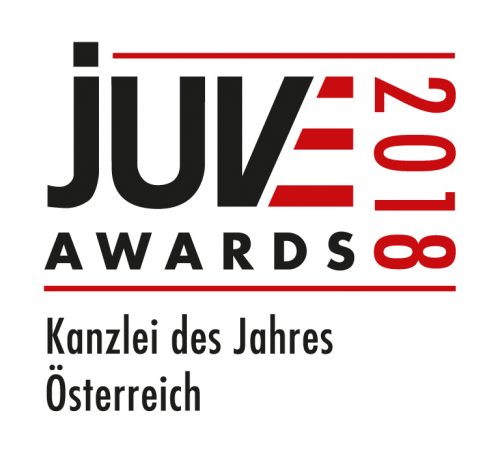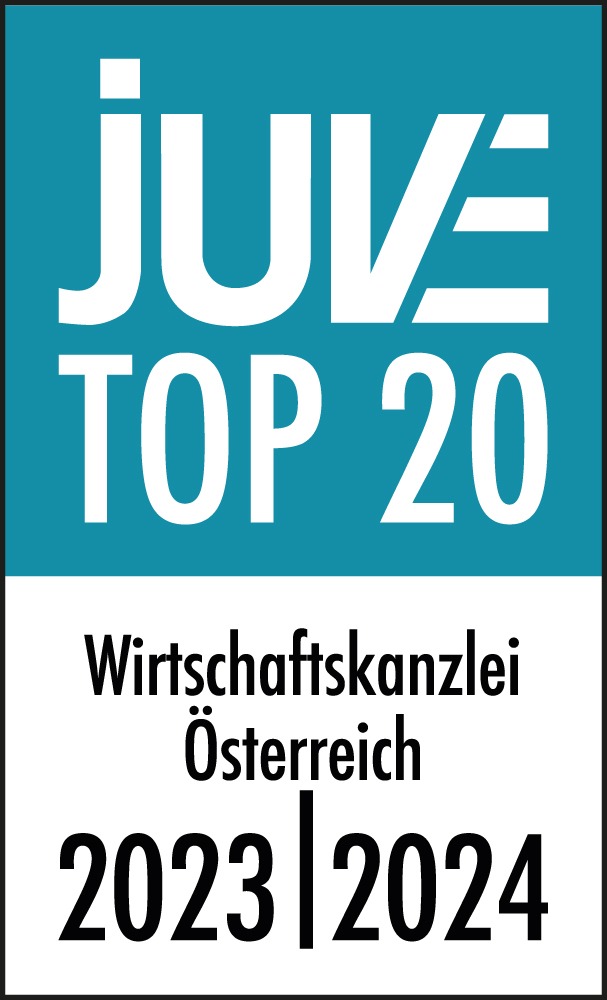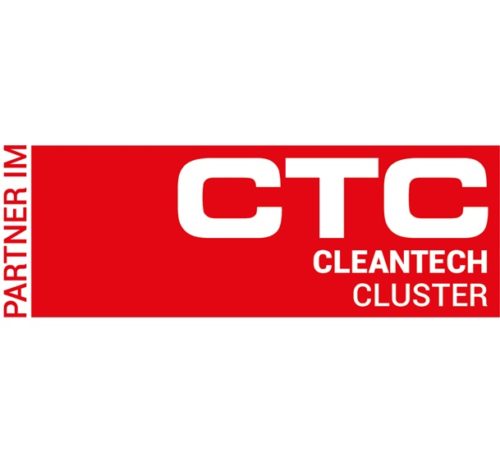Whistleblowing reporting systems
We help with implementation and processing!

The ECJ ruling C-718/18 was handed down last year and has since sparked numerous discussions among energy law experts. But what exactly has been causing so much turmoil? The ECJ essentially dealt with the question of how independent the national regulatory authorities in the energy sector have to be and came to the conclusion that the German regulatory system – due to a lack of independence of the German regulatory authority (Federal Network Agency) – violated Union law.
In a recent article in the journal “ÖJZ” (Hartlieb/ Nigmatullin, German Energy Industry Act partially violates Union law: Signal effect for Austrian energy regulation? ÖJZ 2022, 246), Johannes Hartlieb and Emil Nigmatullin take a closer look at this ruling and its possible impact on Austrian energy regulation.
The ECJ essentially stated that an overly far-reaching determination of the regulatory discretion set out in Union law by the national legislator contradicts Union law. Moreover, in view of the detailed EU legal framework regarding network access and tariff methodologies, there is no need to define (separate) criteria for tariff calculation at the national level. For these reasons, the ECJ ultimately considered the German regulatory system to be contrary to Union law.
A comparison of the tariff-setting provisions in the ElWOG 2010 and GWG 2011 with the corresponding provisions in Germany shows that the Austrian legal bases provide far fewer detailed specifications for the determination of network charges by the E-Control. Accordingly, the E-Control has much more leeway to independently set tariffs – as required by the ECJ – than the Federal Network Agency. However, it cannot be entirely ruled out that individual provisions in the ElWOG 2010 and the GWG 2011 unduly restrict the regulatory discretion of the E-Control. In the future, the legislator will therefore have to carefully examine the extent to which there is room for statutory remuneration regulation, not least in view of the increasingly detailed legal framework of the Union.
The present ECJ ruling shows once again that numerous difficult legal issues can arise in the area of network regulation in the energy sector – also against the background of the energy transition. The spectrum ranges from the expansion and financing of grids to grid connection and the institutional as well as organizational issues discussed here.
We will stay tuned for you!
If you have any further questions on this topic, please do not hesitate to contact our experts Johannes Hartlieb and Emil Nigmatullin by phone or at akut@hnp.at.
This article is for general information only and does not replace legal advice. Haslinger / Nagele Rechtsanwälte GmbH assumes no liability for the content and correctness of this article.
13. February 2022






